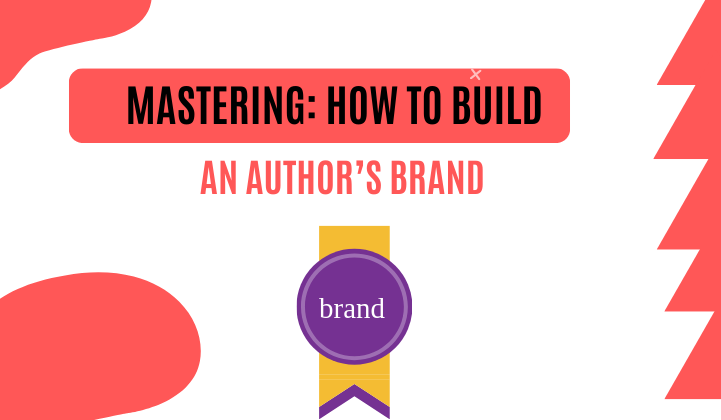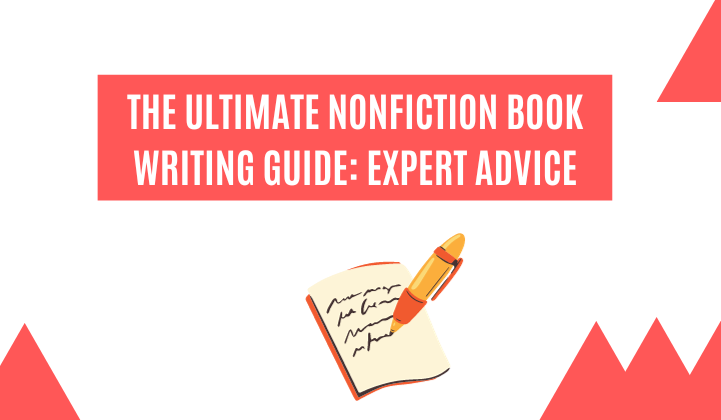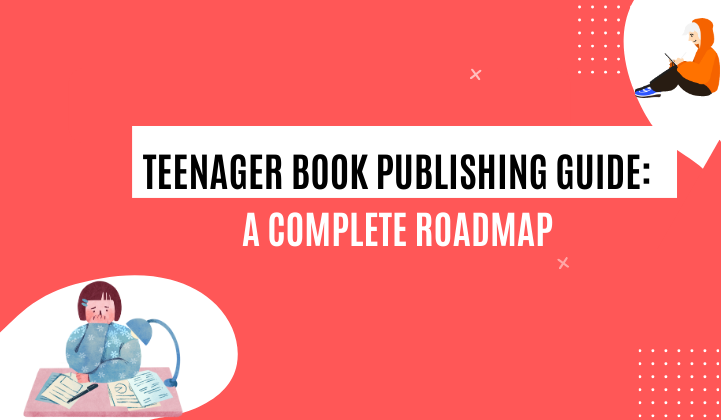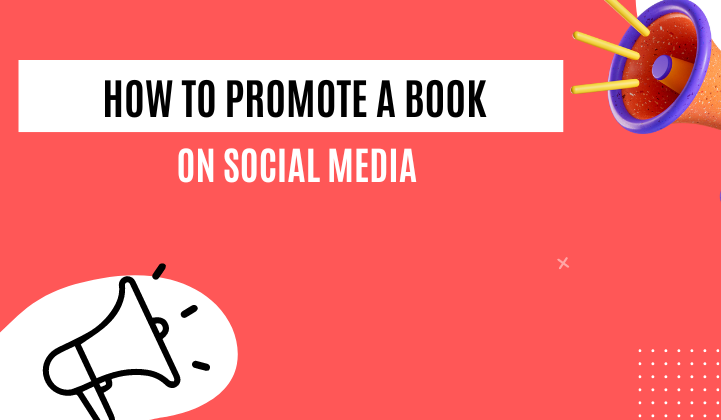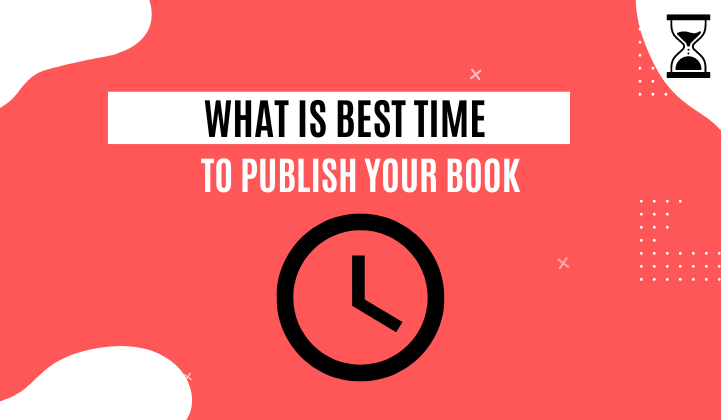Mastering: How To Build An Author’s Brand
A writer is not the same as an author. A writer is someone who prioritizes style, organization, and craft. They are concerned with producing their “best” writing.
Anyone with a message is an author. They publish books so that others can read that message.
They might or might not consider writing a career or even a passion.
In other words, authors assist readers in finding solutions to their difficulties via writing.
Also read out – How Ghostwriters Help Authors in Writing Book
Authors must concentrate on their brand to do that. They must express to readers in plain terms, “Here’s what I have to offer, and here’s how it can help you.”
The quality of the book is unimportant to the Author’s branding. It is about the issues the Author can assist the reader in resolving or other things they can provide.
Learn more about why author branding is essential, how to build a strong brand identity, and what you can take away from other authors’ branding strategies in this post.
Also read out- Inspiring Mindset Tips for Authors
Why Does Author Branding Matter and What Is It?
Books are solutions to readers’ issues written by authors. Your ability to solve problems for your readers is demonstrated through your author brand.
Although closely connected, author branding and book positioning are different. Your book’s positioning explains to a reader why it is the best book for them.
Author branding explains why someone should read your book rather than any other.
Why should a reader trust you over the many other financial authorities? What special knowledge or skills do you possess?
The truth hurts: No one is interested in you or your book. They are solely interested in what your book and you can achieve for them.
Your book should respond to a standard query, and your author brand should convince the reader that you are the best source for the solution.
How to Create a Strong Author Brand
Step 1. Define Your Message and Target Audience
The most successful author brands begin by providing a straightforward solution to a particular target.
Like most nonfiction authors, you want to utilize your book to leave a lasting impression on readers, influence society, establish your authority, boost your visibility, generate new business leads, generate income, and even open doors for speaking engagements or other opportunities.
These objectives are more likely to be met by a narrowly focused book that appeals to a specific audience than a broad book that only mildly appeals to various audiences.
You should be sure of the message you want to deliver and the audience you want to reach by the time your book is published.
The best author branding speaks directly to your target audience and offers them the following information: “Here is how I can help you and why I’m the person to help.”
The better, the more specific.
Also read out – How to Make Money from Writing Books: Full Guide
Step 2. Identify Your Area of Expertise
The core of your Author brand is your knowledge.
Writers only discuss subjects that are familiar to them. They write about the knowledge they possess.
People frequently consider qualifications when thinking about expertise.
Author credentials are distinct from author branding. Someone does not necessarily have the ideal solution for a specific audience just because they have a Ph.D.
The accomplishments you’ve made are irrelevant to the readers. They are interested in your capacity to assist them.
If someone has an impressive resume. But the emotions he elicited in his readers were just as crucial to developing his author brand. He reignited their excitement. He offered them comfort. Although it didn’t come with a degree, that expertise was essential to his brand.
It takes a particular type of competence to be able to connect on an emotional level with an audience.
Nevertheless, some audiences need an author to have more formal knowledge before they trust them.
Step 3: Promote Brand Globally
Once you have a brand, check to see that it is consistent with your assets.
Bio of the Author
Most readers of your book will only be familiar with you or understand why they should care if you are a well-known author like Steven King or J.K. Rowling. You must inform them.
Your book, website, and Amazon Author Central Page all feature your author profile. It frequently ranks among the top results when someone searches for your name on Google.
Your bio affects sales, reputation, book marketing, and social media, although relatively few writers consider it, and even fewer publishing guides discuss it.
“Author reputation” is frequently mentioned as a critical element affecting a reader’s purchase decision. Readers are more likely to buy your book if you are recognized as an authority on the subject. A solid author bio is one of the finest ways to be recognized as an authority.
Mention your credentials and accomplishments to establish your Author’s credibility. Mention any novels you’ve written as well as your Author’s website.
Keep it brief and engaging. That’s about 100 words. Anything more than that is considered rambling.
Also read out – 5 Outstanding Tips For Writing Author’s Bio
Publish in the third person.
Don’t go too far. Only incorporate elements that strengthen your author brand and persuade readers to believe in you. Ask yourself, “Does this fact really matter to anyone other than me?” while putting yourself in their position.
See the remaining author bio guidelines in my post if you need more information.
Author Photo
Based on your Author’s photo, readers will evaluate both you and your book.
Is das fair? Nothing matters. It is real…
Humans are visual beings, and a person’s brand can be strongly implied by their headshot.
Do you appear approachable? Authoritative? Confident?
Determine the message you want to send your audience and then convey it effectively.
Author’s website
Designing your Author’s website should be consistent with your brand.
Your book’s tone should be reflected in the material. Your podcast shouldn’t be silly if your Author brand emphasizes your experience as a severe financial counselor.
Also, take into account the message that your visuals and color choices are conveying. Bright colors may be appropriate if your brand is fun. You wouldn’t want doodle-like images in a vivid yellow color if you were writing about grief management.
You should employ someone to develop an Author page because it should look and work just like a top-notch website. That was a wise investment. You desire a positive user experience for visitors.
They ought to be able to obtain the information they require and navigate with ease. Include links to your social media accounts, email sign-up forms, and the Amazon page for your book. If you have a media kit, make sure it is clearly labeled.
Also read out – 10 Common Writing Mistakes Writers Must Know
Social media presence
You don’t need to use every social media platform, but you should use at least one.
Choose the option that is most logical for both you and your audience. LinkedIn might make the most sense if you’re writing for a business audience. You might like the immediate nature of Twitter if your writing is more focused on politics and popular culture.
Be consistent on the social media platforms you choose. Avoid tweeting about your dog and clients at the same time.
Keep your social media up to date as well. Pictures from a talk you delivered three years ago should differ from the first thing people see when visiting your Facebook profile.
Check to see that anything you upload accurately represents your author brand.
Frequently Asked Questions
Why is Author branding important?
People can anticipate the tone and themes of your novels based on your Author’s brand. You can have devoted readers and evangelists for your writing if you can attract an audience of people who genuinely care about your writing.
How do authors market their own brands?
Your author brand can be projected in a variety of ways. Some successful strategies include utilizing social media, your website, and developing an email list. Your list will be your most valuable resource for expanding your audience, as you’ve undoubtedly heard. Another tool you’ll need to quickly create your list is your Author’s website.
What is Author advertising?
Media space for books is bought to encourage sales. Advertising for books can be found in both traditional and digital media. Controlling what is displayed to readers and viewers is one advantage of book advertising. The best book advertisements include compelling creative content frequently created by book ad companies.
Also read out – 8 Easy Exercise to Improve Writing Skills that Works
Conclusion
You may be wondering where to start now that you are knowledgeable about author branding.
Online, there are a ton of excellent author marketing services. If you are an author and looking for help in publishing, marketing, distribution, and branding feel free to contact us.
For guidance reach us at www.writerstutor.com!

